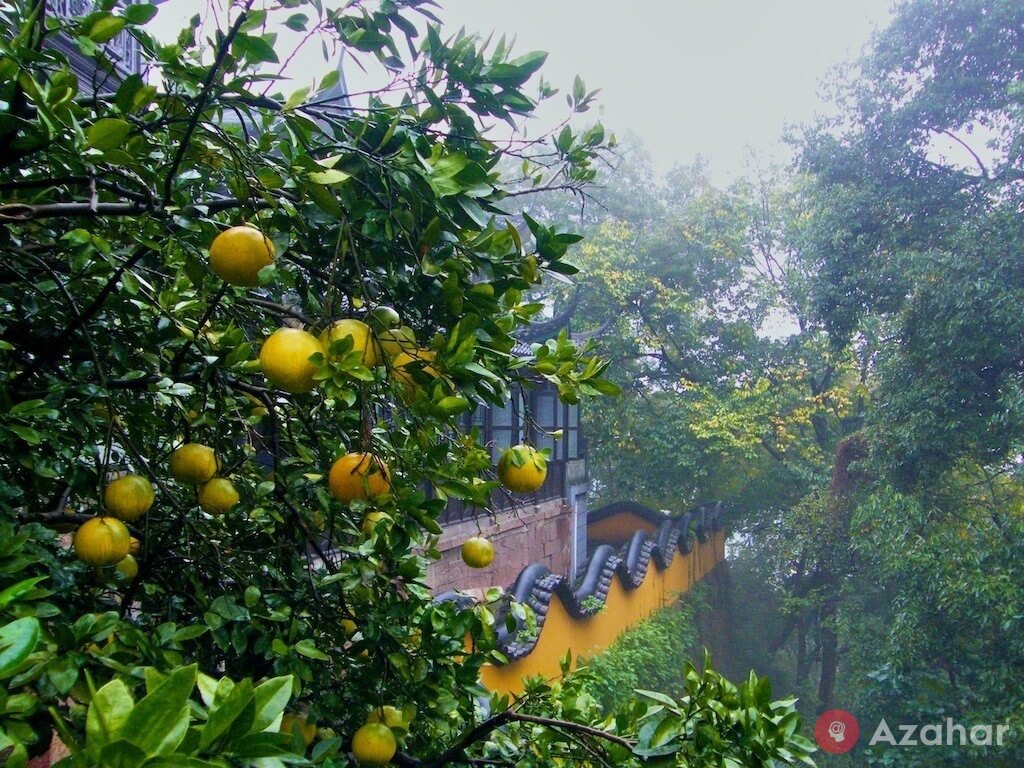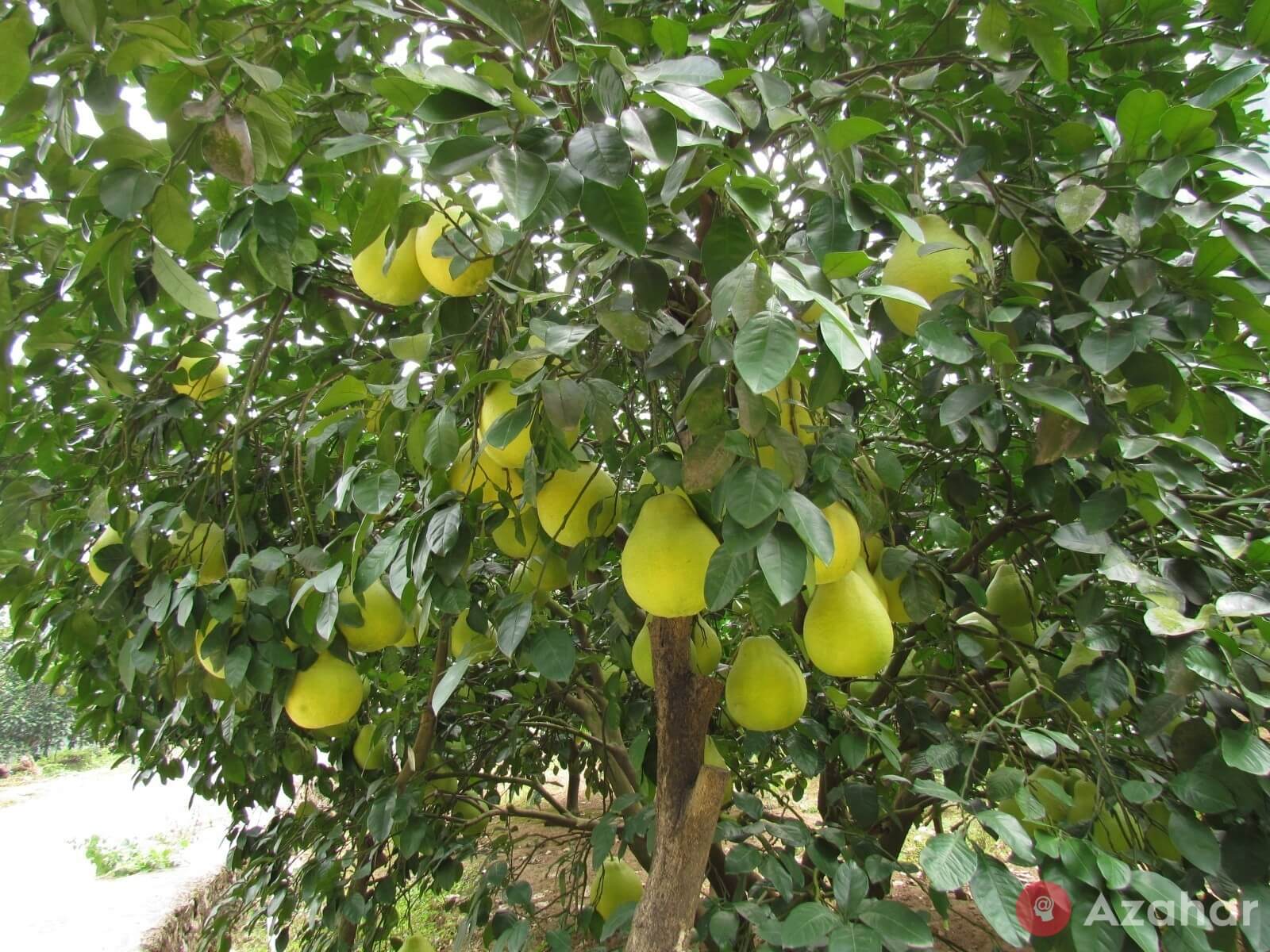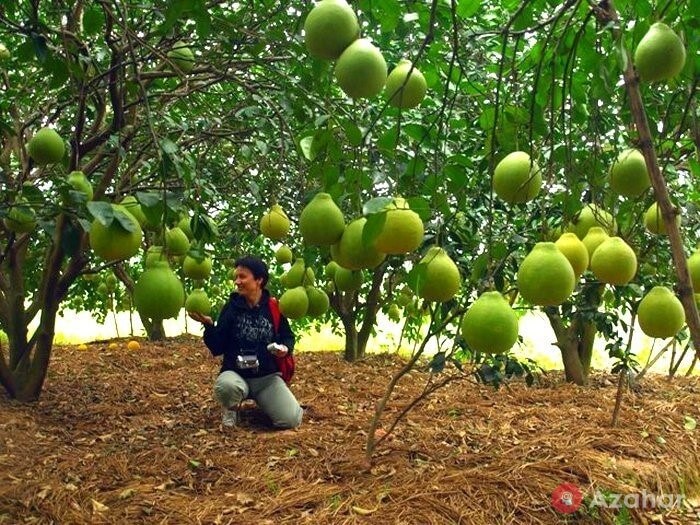Pomelo Fruit: how many months the world's largest citrus ripens
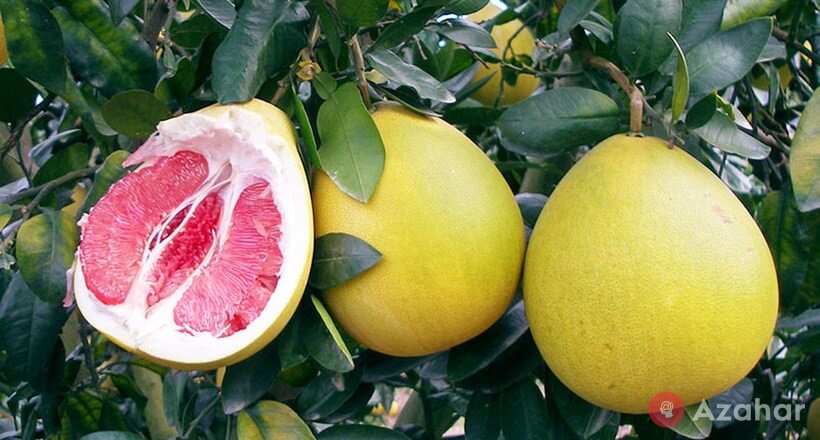
Pomelo Fruit: Despite the fact that broom appeared in stores in our country about 10 years ago, it has been known for hundreds of years, and in China, the fruits are used as food BC. But some people still treat him with slight suspicion, believing that this unusually large fetus is the result of genetics or the result of mutation of the grapefruit. Today we will walk through the plantations, pomelo, and tell you more about this fruit.
Pomelo Fruit
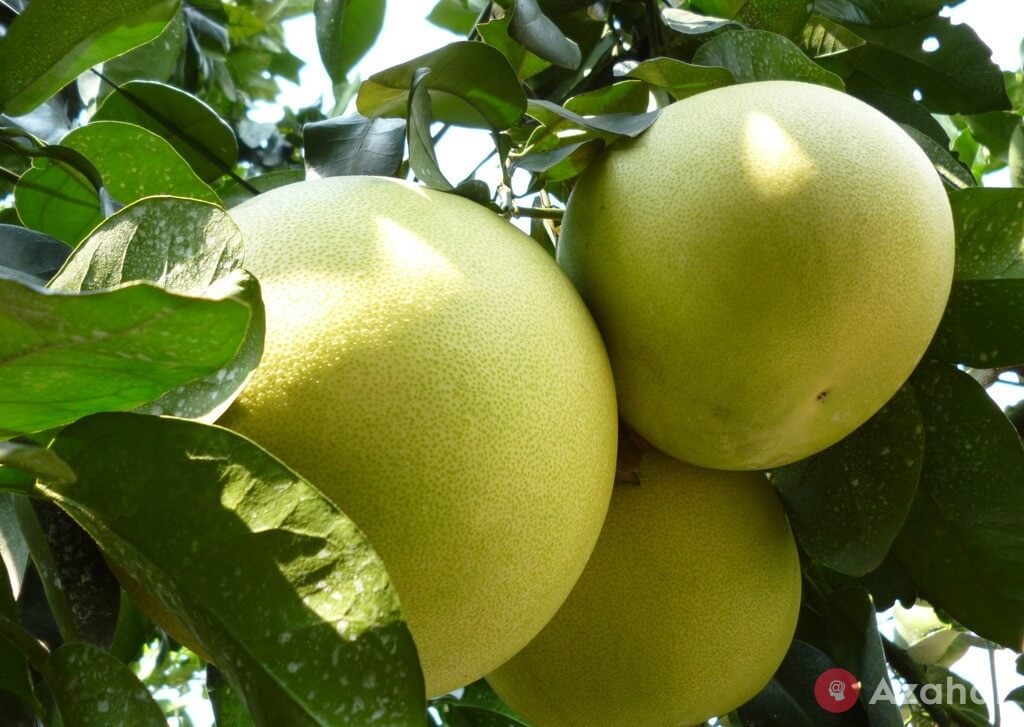
Let's start with the fact that the pomelo is not a kind of grapefruit and not one of his hybrids and a separate species of the genus citrus under the name Citrus maxima. In our country, spoken British version of the name of this fruit, pomelo, in other countries you can also find the name of Shaddock, or sheddok. But citrus fruit sweetie or Oroblanco, who recently appeared in India, is a hybrid between pomelo and grapefruit.
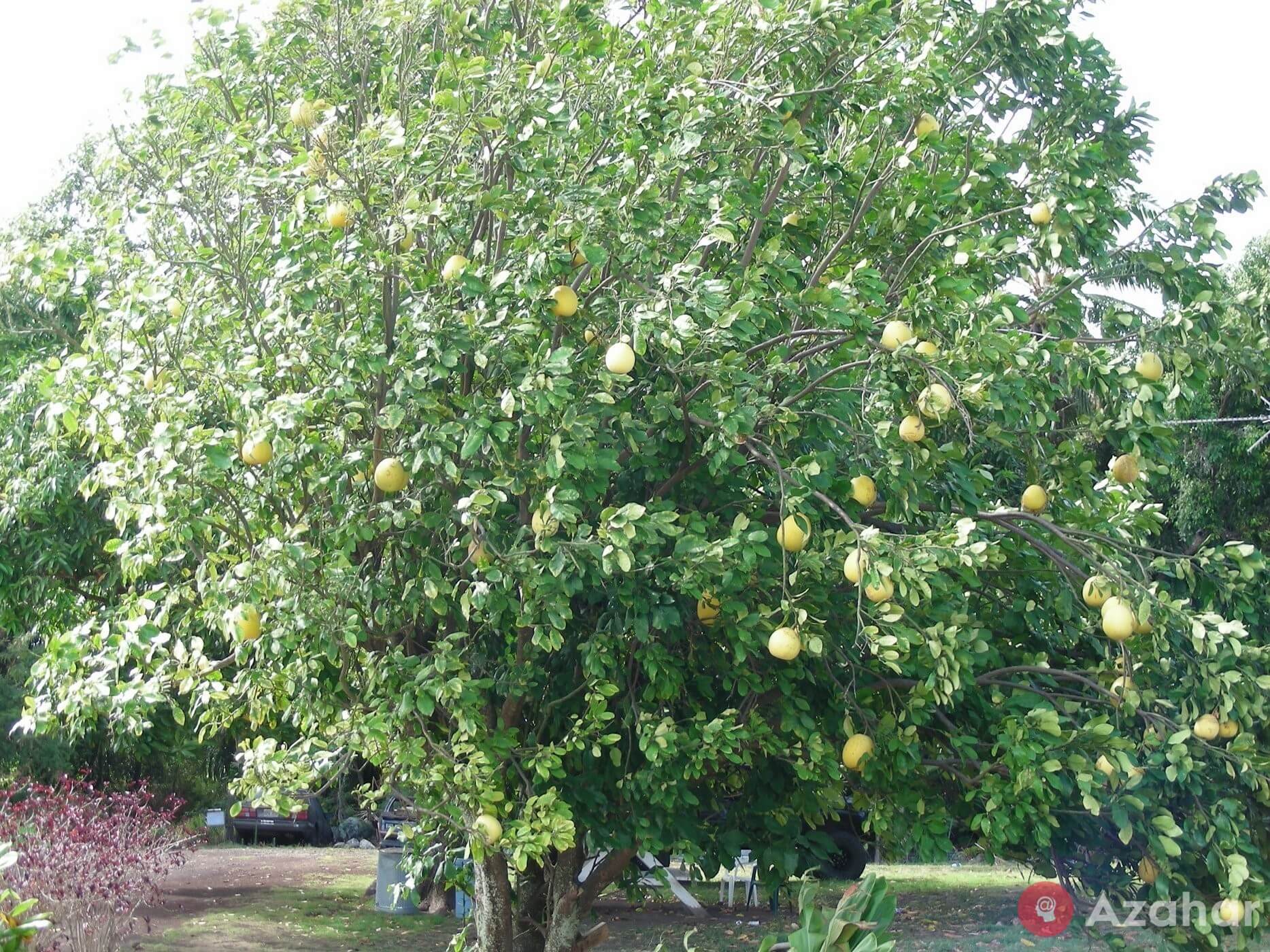
The pomelo trees are powerful and spreading, reaching a height of 8-10 meters. The fruit of this plant is the largest among all members of the genus citrus and their weight can reach 8-10 pounds, although the average figure is in the range of 1-3 pounds. The fruit ripens in 5-6 months. The rind of the fruit pomelo is quite thick, which can be attributed to the only downfall of the fruit.
In General, the pomelo has a lot of positive qualities: the fruits are rich in potassium (235 mg/100 grams, a daily allowance of potassium in 1 kg of pomelo), it is quite a lot of calcium and phosphorus, as well as vitamins, including C and group B. its advantages, are a reasonable price and prevalence.
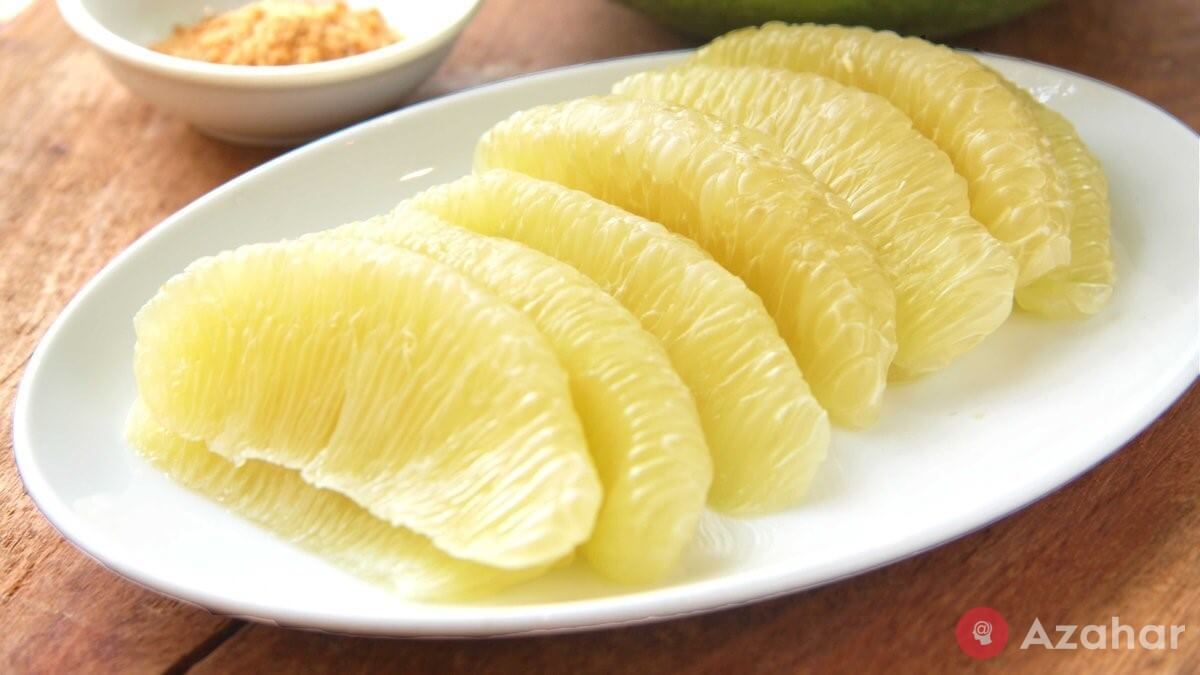
Homeland pomelo, like many citrus fruits, is South-East Asia — southern China. But delicious fruit was highly appreciated by the neighbors, and the broom began to grow in Japan, Thailand, Vietnam, India, the Islands of Indonesia. With the advent of the era of navigation, pomelo seeds were brought to the Islands of the Caribbean, where a similar climate has allowed the successful to cultivate this kind of citrus.
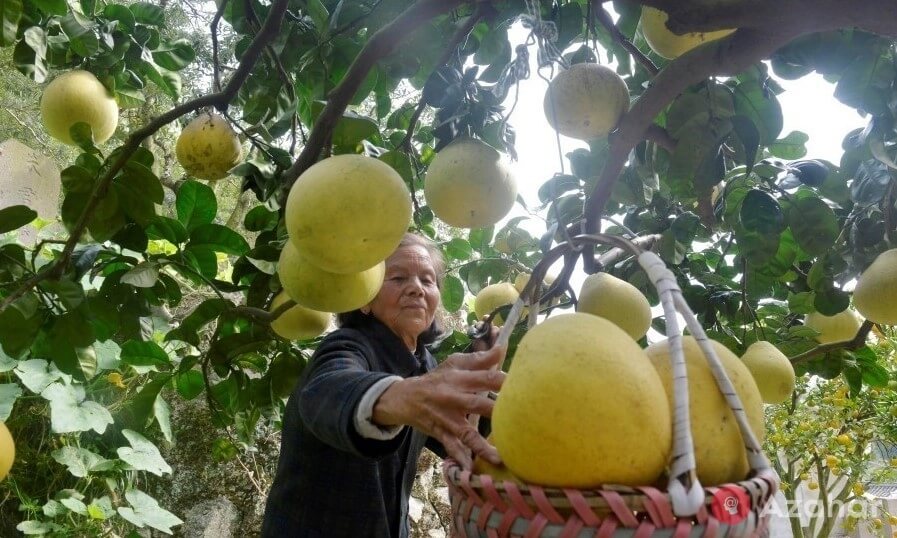
The breeders brought several varieties of pomelo, which differ in the shape of the fruit, flavor nuances, and color of the pulp, yellow-green to red-orange. The most common export is honey pomelo fruit with a light yellow flesh and yellowish-green skin.
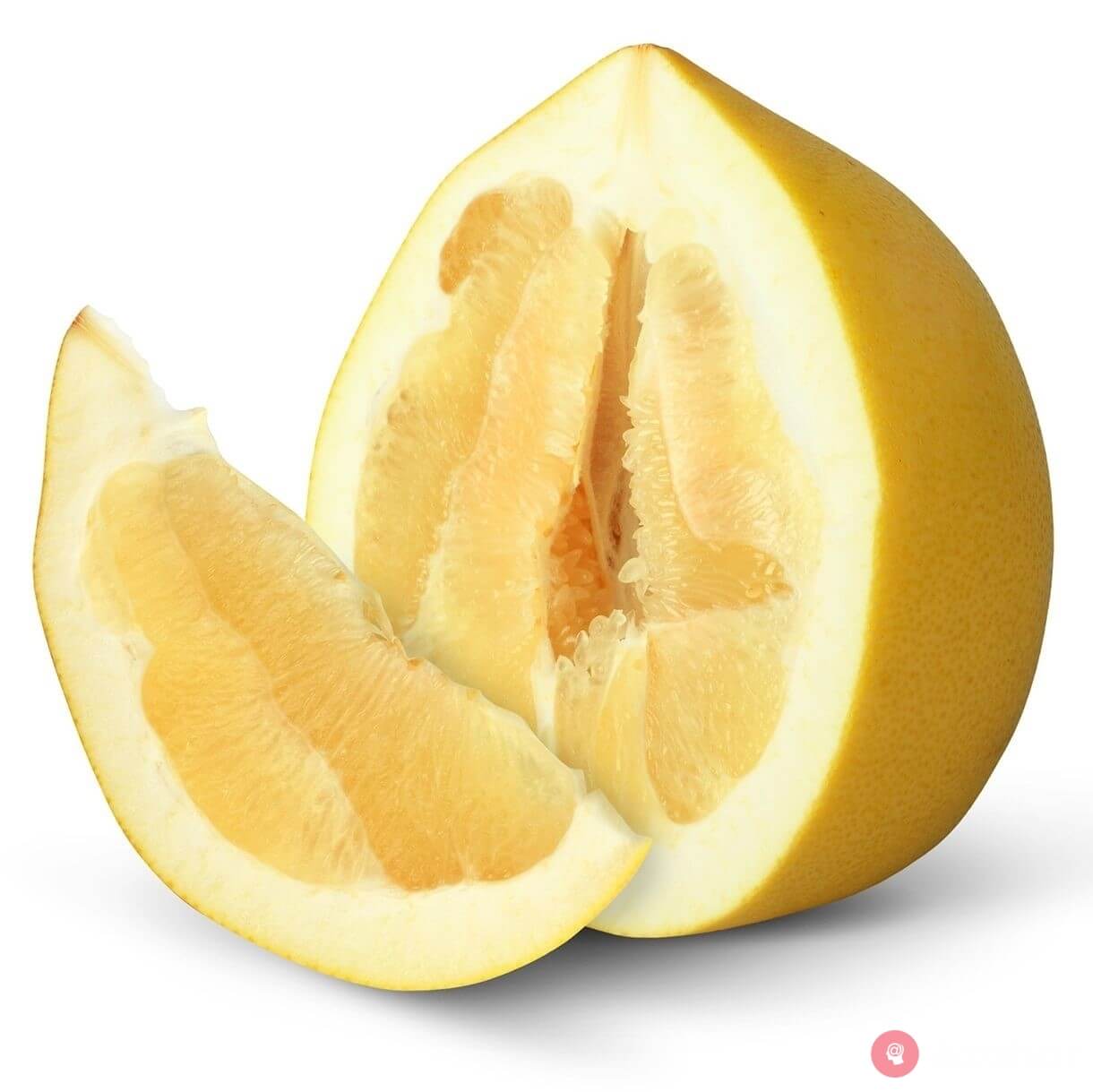
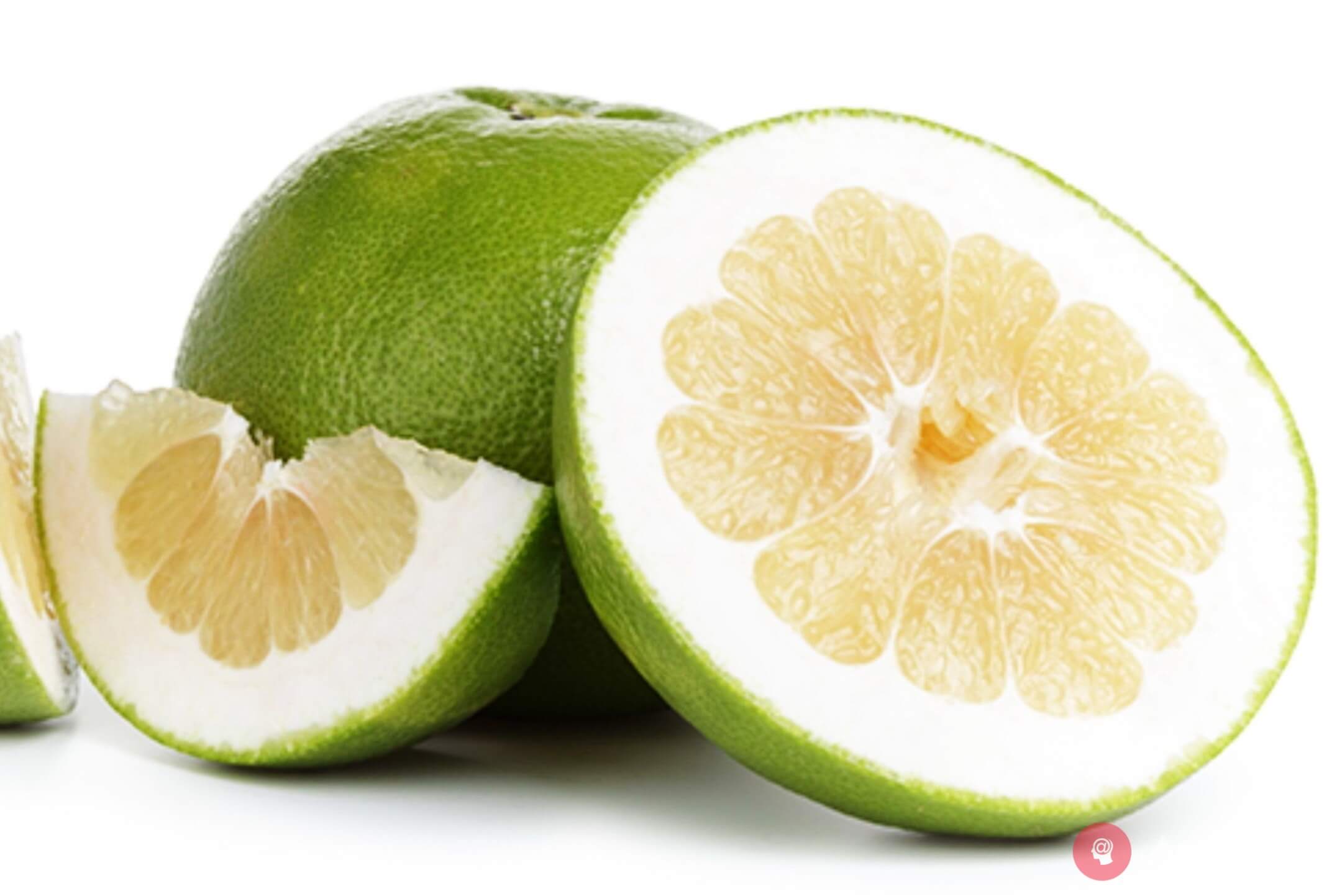
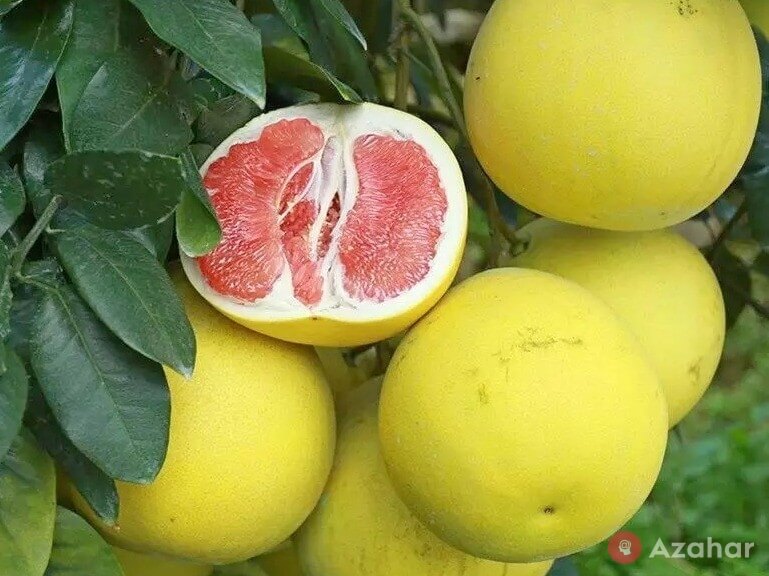
The main supplier of pomelo in the world market today is China, where large areas are used for plantations of citrus.
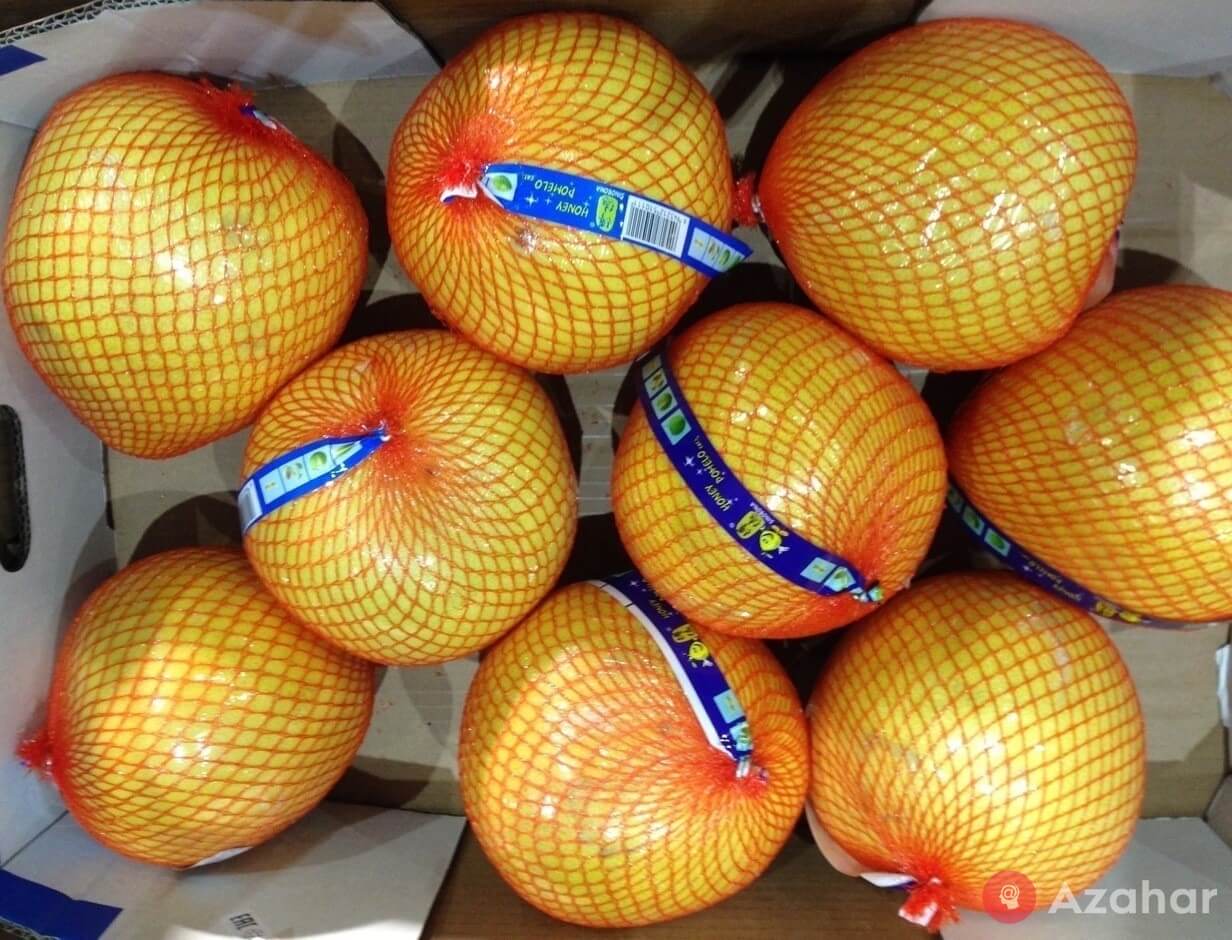
But pomelo is highly valued in China, so the trees can be found in many rural towns in southern China.
